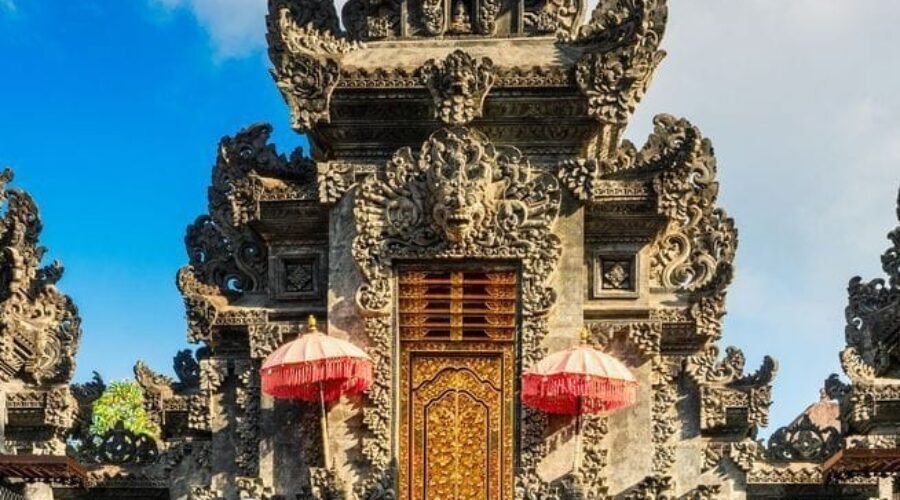Exploring the Rich History of Bali: A Brief History of Bali or Balinese Culture
The history of Bali is a fascinating tapestry woven with cultural richness, diverse influences, and resilience. From its ancient origins to its current status as a global tourism hotspot, the history of Bali is deeply intertwined with its unique identity, shaped by Hinduism, Javanese culture, and foreign interventions.
A Brief History of Bali
The island of Bali, located just east of Java, has a history that dates back thousands of years. Early settlers, primarily Austronesian people, arrived around 2000 BCE. According to Bali.com, these early settlers were part of the larger Austronesian migrations, which disseminated seafaring skills, agricultural practices, and cultural traditions across the Pacific and Indian Ocean regions, extending as far as Madagascar and Easter Island.
Bali from the 7th Century to the Majapahit Empire
By the 7th century, the history of Bali was marked by established trade routes with Java and Sumatra, making it an important cultural and economic hub. Hindu and Buddhist influences began to permeate the island, as evident in the temples and artifacts from that era. The introduction of Indian culture through trade played a crucial role in shaping the history of Bali’s religious and social structures.
The rule of the Majapahit Empire marked a significant chapter in the history. In 1343, Bali came under the control of this powerful Javanese empire, blending Hinduism and Javanese culture with local practices. This era profoundly influenced the history of Bali, giving rise to Balinese Hinduism, known as Agama Hindu Dharma.
Balinese Kingdoms and Cultural Flourishing
Following the decline of the Majapahit Empire in the 16th century, the Bali history saw the rise of independent Balinese kingdoms. These kingdoms nurtured a vibrant culture centered around temple ceremonies, arts, and literature. Mount Agung, regarded as sacred, became a cornerstone of spiritual life, leaving an indelible mark on the history.
Dutch Intervention in Bali
The arrival of the Dutch marked a turbulent phase in the history of Bali. In the late 19th century, the Dutch East India Company sought to expand its control over the Dutch East Indies, including Bali. This era reshaped the Bali history with the imposition of colonial rule and cultural changes.
In 1846, Dutch troops landed in Buleleng, initiating conflict with local rulers. Over the next several decades, the Dutch consolidated their control, officially incorporating Bali into the Dutch East Indies by the early 20th century. Despite colonial dominance, the history was preserved through the resilience of its culture and religious practices.
Bali During World War II
World War II brought further disruptions to the history of Bali. In 1942, Imperial Japan occupied the island, displacing Dutch authority and creating new challenges for the Balinese people. Despite these hardships, the history during this period highlights the strength and adaptability of its inhabitants.
Tourism in Bali and Modern Developments
The post-war era marked a new chapter in the Bali history. Tourism began to flourish, transforming the island into a global destination. The history of Bali has since evolved into a narrative of balancing modernization with the preservation of cultural heritage.
Cultural Tourism and Bali’s Appeal
The history of Bali continues to attract visitors eager to explore its unique traditions and spiritual practices. Festivals like Galungan and Nyepi, along with ancient temples and traditional villages, serve as living monuments to the history of Bali.
Conclusion
The history of Bali is a remarkable journey of cultural richness and resilience. From ancient times to its integration into the Republic of Indonesia, the history of Bali reflects a dynamic interplay of tradition and change. As the island continues to evolve, its past remains a guiding light, ensuring that the history of Bali remains a source of pride and inspiration for generations to come.
Read more: Discover Bali Surf Camps: Top Surf School, Lessons, and Camps in Canggu, Uluwatu, and Beyond


